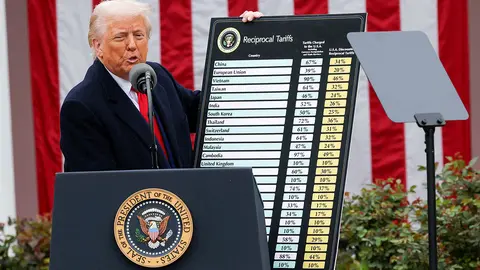Appeals Court backs Trump's trade policy: tariffs reinstated amid legal dispute
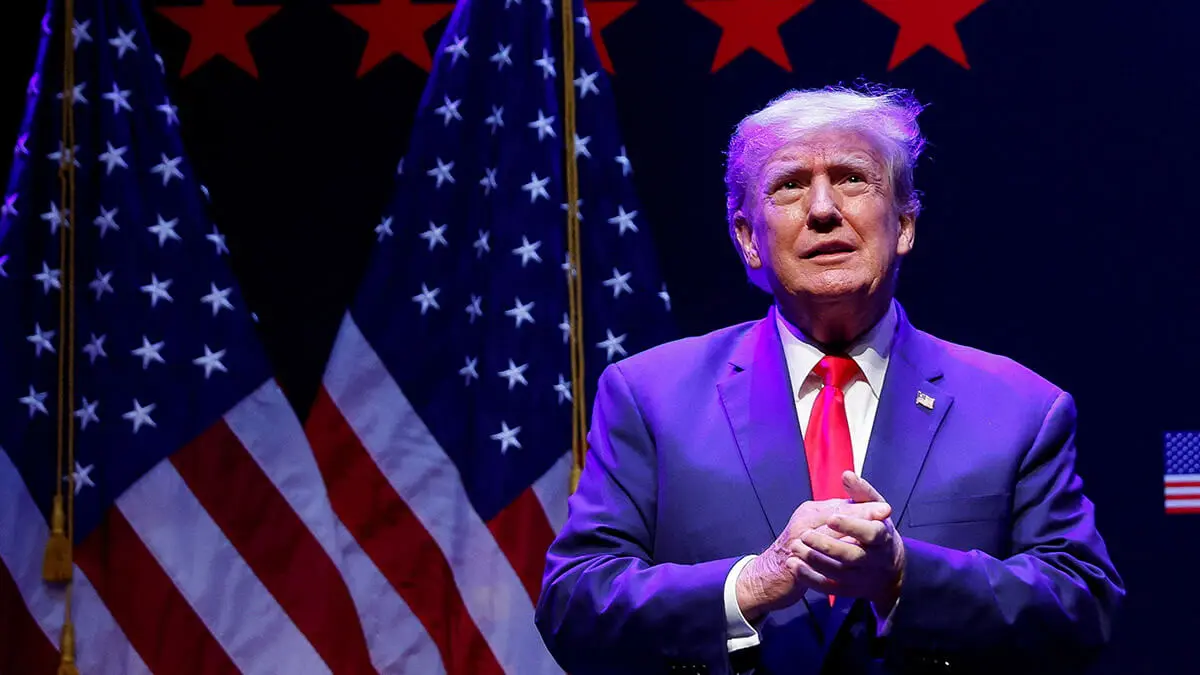
The US Court of Appeals has temporarily reinstated the tariffs imposed by Donald Trump, while an appeal by the Executive is underway, after a federal court had halted them on Thursday.
However, despite the White House appealing the International Trade Court's decision, they have announced that the case could end up in the Supreme Court.
- Trump's victory over the justice system
- ‘The tariffs exceed any authority’
- Trump celebrates the return of tariffs

Trump's victory over the justice system
‘The request for immediate administrative suspension is considered based on the judgments and permanent injunctions issued by the International Court. Trade in these cases is temporarily halted until further notice while this court reviews the documents in the applications,’ the official statement issued by the Court of Appeals said.
Arguing that the president had exceeded his authority in imposing them, as the Constitution assigns this power to Congress, the Trade Court had previously blocked most of Trump's tariffs. This decision meant that the tariffs remained in effect until a final decision on the appeal filed by the executive branch.
However, the parties have until 9 June to present their arguments, at which point the Court will begin deliberating and decide whether the measures imposed by Trump are legal or not.
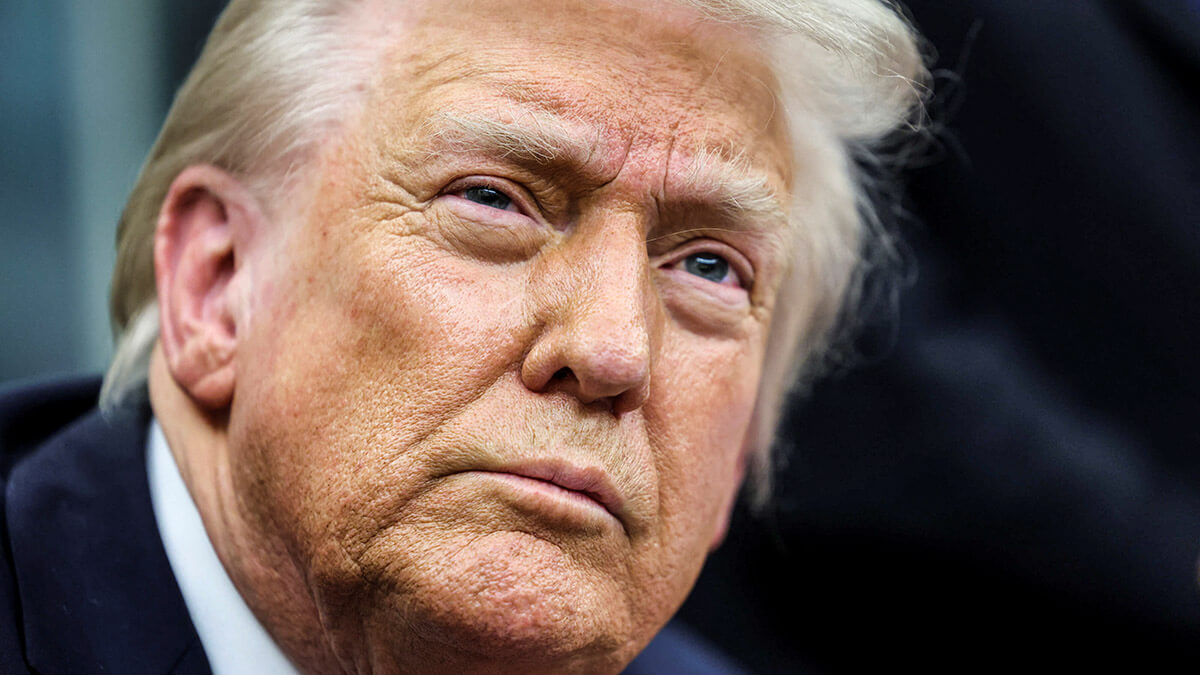
‘The tariffs exceed any authority’
Three judges of the US International Trade Court stated that the ‘reciprocal tariffs’ announced by Trump against 184 countries, including countries with no census population, ‘exceed any authority granted’ by the International Emergency Economic Powers Act (IEEPA) of 1977.
According to the lawyers, these orders should be ‘suspended and their enforcement permanently prohibited.’ ‘This use is unacceptable, not because it is ineffective or imprudent, but because the law does not allow it,’ the judges' document states.
The measure had an impact on the tariffs announced in April, which Trump called ‘Liberation Day,’ as well as those previously imposed on Canada, Mexico and China. However, the 25% tariffs on steel, aluminium and automobiles, which were regulated separately, are not mentioned.
The ruling was the result of a lawsuit filed by five US companies that import products from the countries affected by the tariffs, as well as a joint lawsuit filed by 12 states, most of which are governed by Democrats, with the exception of two.
Since 2 April, when Donald Trump started the trade war by announcing what he called ‘friendly reciprocal tariffs’, with the excuse that his country has been ‘cheated’ for many years, the US president imposed a 145% tariff on most products from China, to which Beijing responded with a 125% tariff on US goods, in addition to imposing a 25% tariff on most products from Canada and Mexico.
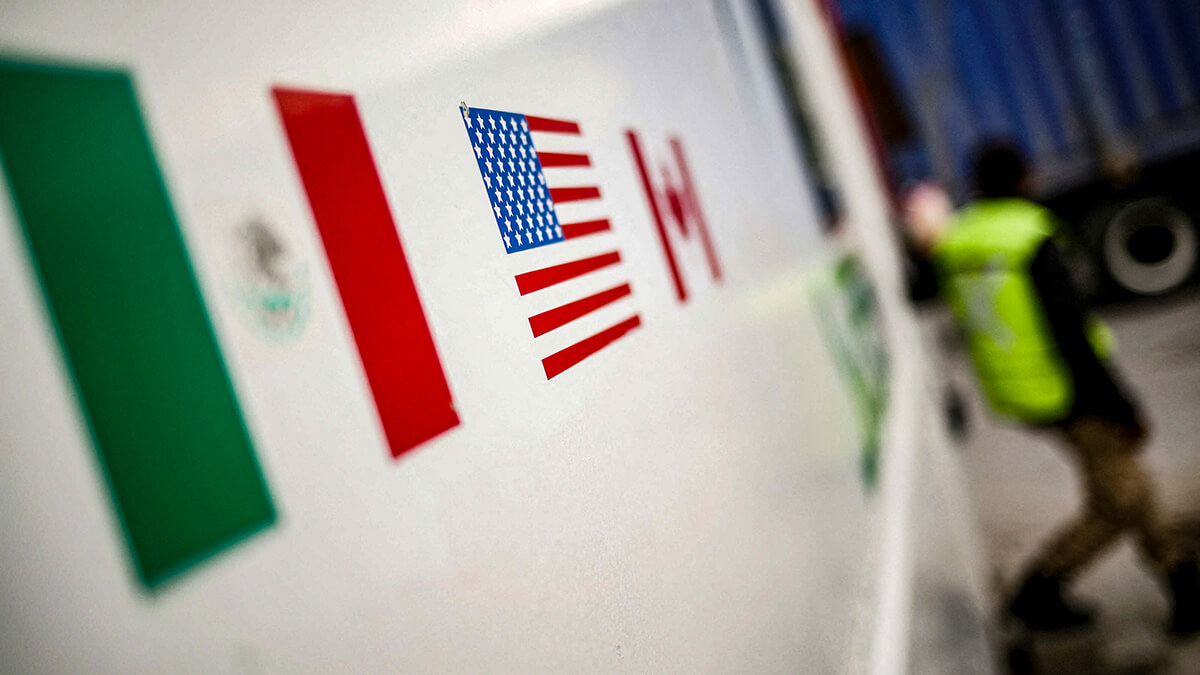
Trump celebrates the return of tariffs
On Thursday, Trump celebrated the Court of Appeals' decision on his social media platform ‘Truth Social’ and criticised the judges of the Court of Commerce for causing ‘serious harm’ to the country with a ruling he considers ‘wrong and political’.
The US president has expressed his opposition to what he says, if implemented, would be the ‘most severe financial pain ever imposed on our sovereign nation’ and that the country would ‘lose trillions of dollars, a sum that would allow the United States to restore its greatness.’
Trump did not miss the opportunity to also question the International Trade Court's reasoning on his abuse of power, arguing that, as the most important figure in the most important country in the world, he ‘needs the ability to protect the United States from those who are causing economic and financial problems.’
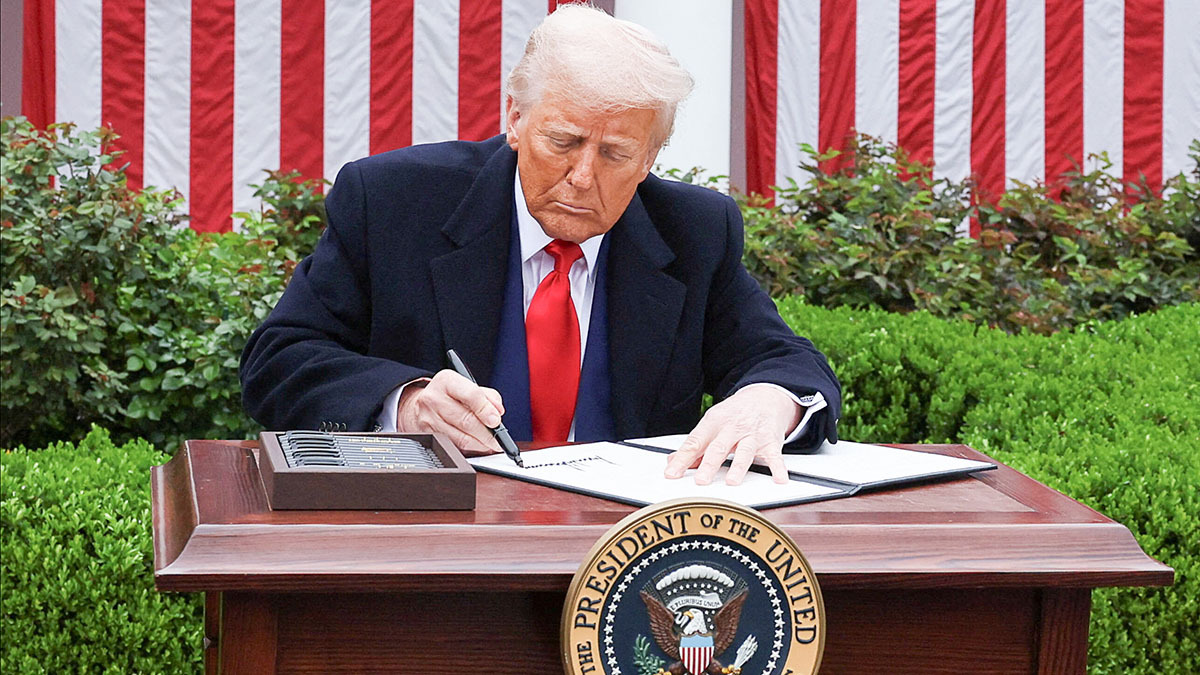
The White House points to an ‘alarming trend’ among judges
Moments after the Trade Court's decision was announced, White House spokeswoman Karoline Leavitt argued that ‘the courts should not be involved in this issue.’
‘There is an alarming and dangerous trend of unelected judges meddling in the presidential decision-making process,’ she said, adding that ‘it should be the Supreme Court that puts an end to this.’
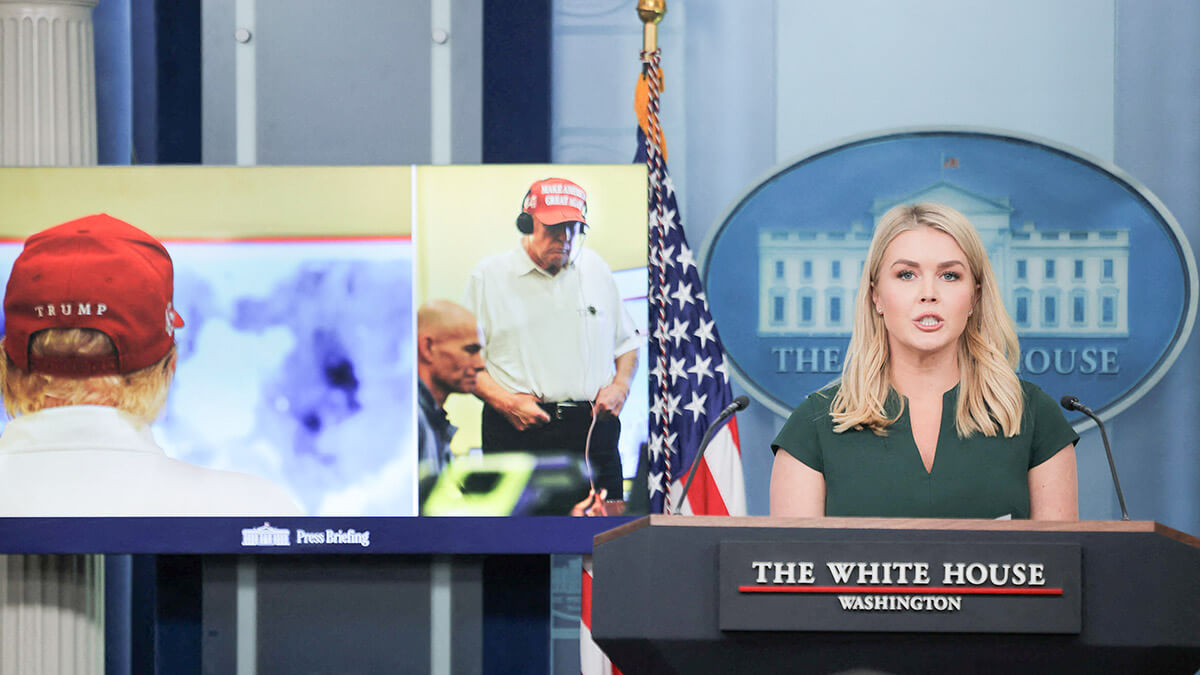
Finally, Trump's deputy political chief of staff, Stephen Miller, went further, saying on his Twitter account that it was a ‘judicial coup that is totally out of control.’ ‘We are under a judicial tyranny,’ he said in another tweet. The president, however, has not yet expressed his opinion through any channel, although he may do so.

